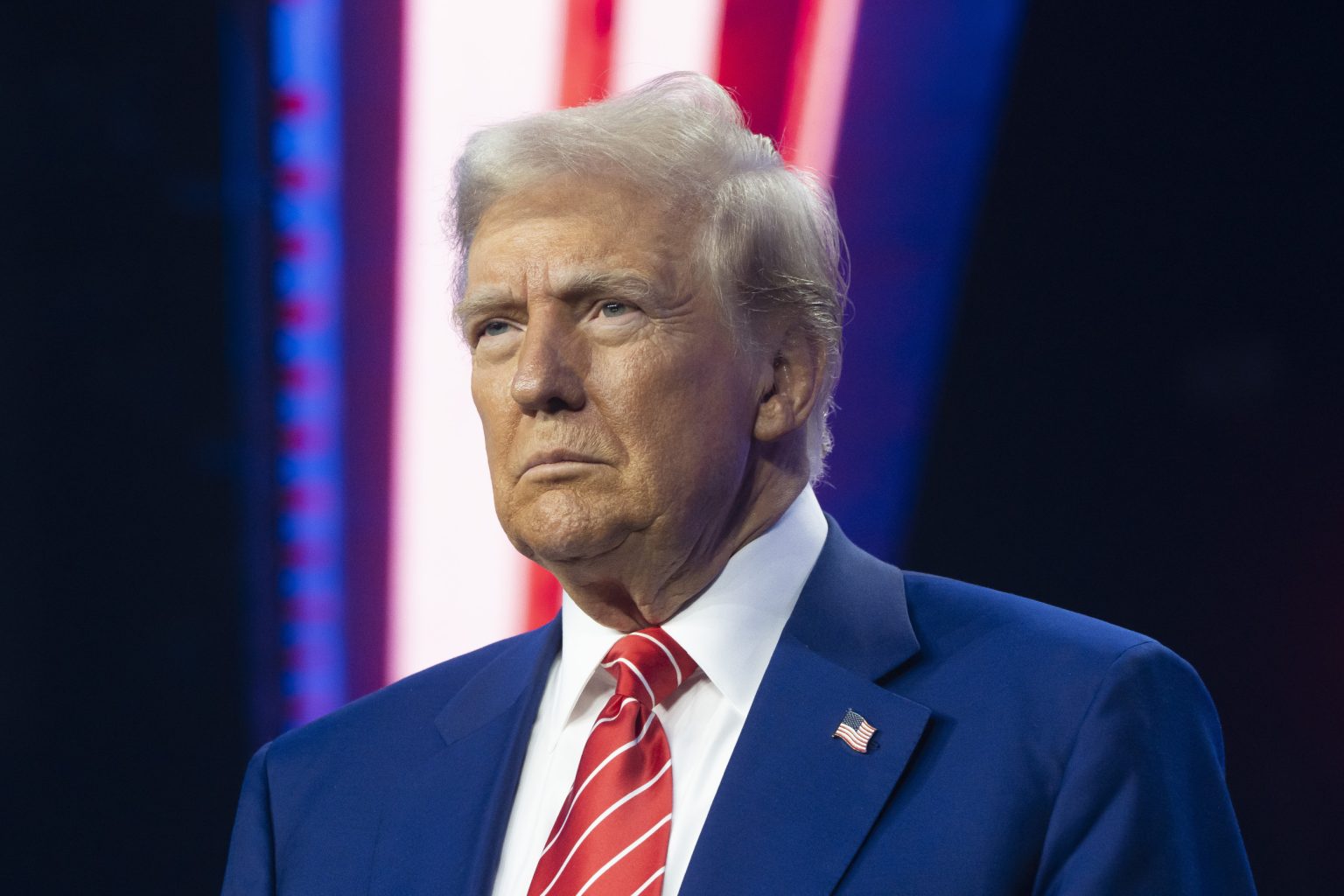President-elect Donald Trump has asked the U.S. Supreme Court to delay the enforcement of a law that could potentially lead to a ban on social media platform TikTok in the United States. Trump submitted a 25-page amicus brief asking the justices to extend the January 19 deadline to allow his administration time to negotiate a resolution and avoid the need for a ruling. The administration has stated its intent to address national security concerns while preserving free speech rights.
The background of the issue involves concerns from lawmakers and intelligence officials that ByteDance, TikTok’s parent company, could exploit its ties to the Chinese government to collect sensitive data from the platform’s 170 million U.S. users or manipulate public opinion through its algorithms. A bipartisan law requires ByteDance to sell its U.S. operations by January 19 or face a nationwide ban. Supporters argue that the law addresses risks from foreign influence, while critics suggest it infringes on free speech and overlooks alternative measures such as stricter data regulation.
Trump’s stance on TikTok has shifted over time. Initially supporting a ban on the platform during his first term, he later praised TikTok for engaging young voters during his recent campaign and now pledges to “save TikTok” as an essential tool for free expression. Trump’s legal team emphasizes his intention to negotiate a resolution after taking office, citing his dealmaking expertise and electoral mandate. Meanwhile, TikTok has launched a legal challenge against the law mandating its divestment or banning, arguing that it infringes on free speech rights protected by the First Amendment.
The Justice Department supports the legislation, citing national security risks tied to TikTok’s Chinese ownership. Solicitor General Elizabeth Prelogar highlighted the potential for the Chinese government to collect sensitive data and potentially carry out covert influence operations through the app. However, TikTok’s legal arguments emphasize the possibility of compromise, pointing to Trump’s willingness to negotiate a solution that balances national security interests with preserving Americans’ First Amendment rights once he assumes office.
President-elect Trump has expressed confidence in achieving a resolution that secures national security and protects American rights. The Supreme Court is set to hear arguments on January 10 and issue a decision before the January 19 deadline. Trump has pledged to prioritize negotiations to prevent TikTok’s shutdown and address security concerns through diplomatic means, potentially influencing future policies related to foreign-owned technology companies and their operations in the United States.


